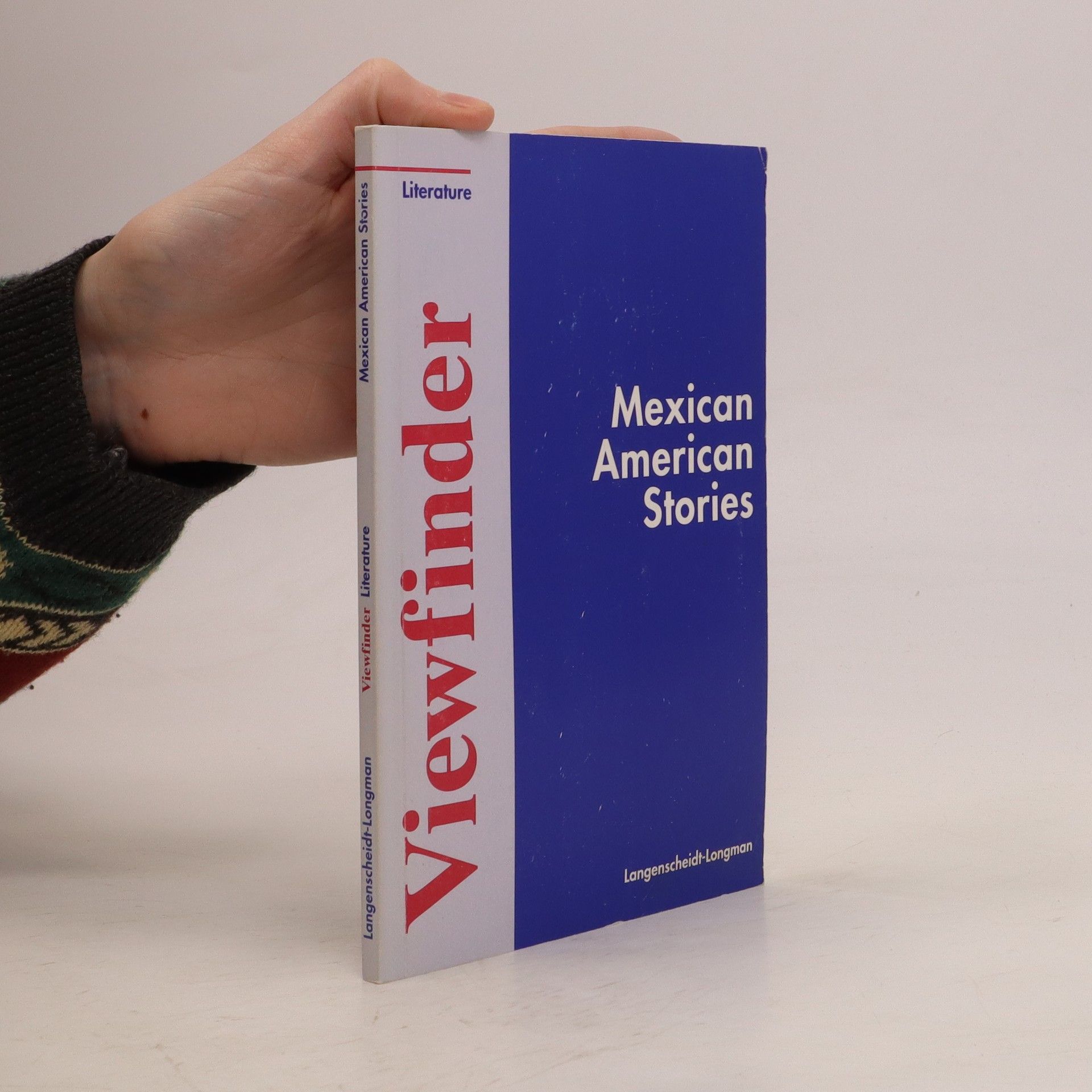In sieben beeindruckenden Geschichten ermöglichen mexikoamerikanische Autor/innen der Gegenwart Einblicke in ihre Lebenswelt und zeigen die häufig konfliktreichen Erfahrungen der Chicanos/as in einer noch stark von Weißen dominierten US-Gesellschaft.
Karin Ikas Livres
1 janvier 1968
